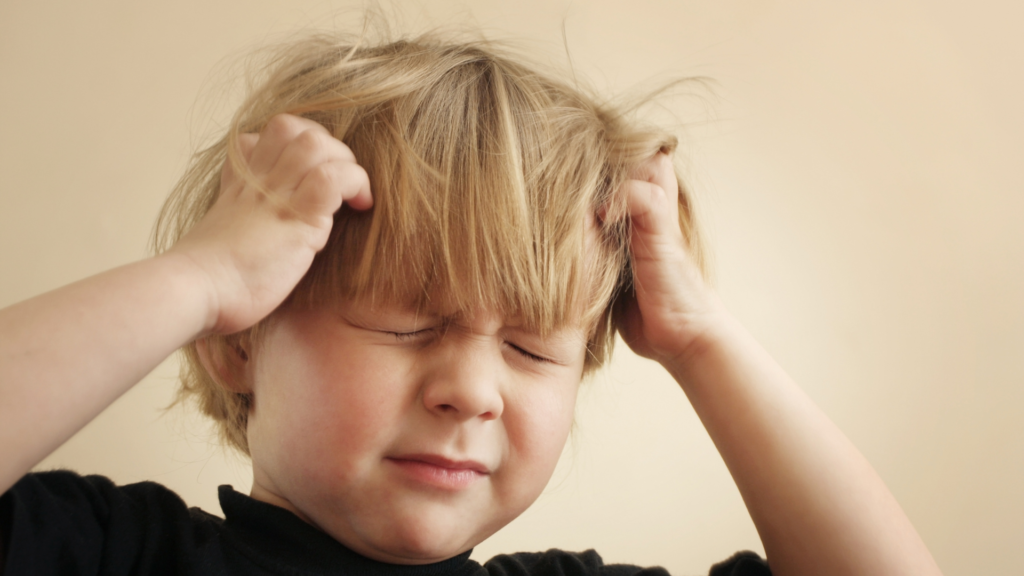Parents play a crucial role in safeguarding their children’s well-being, and understanding Traumatic Brain Injury (TBI) is paramount in this journey in case your child ever experiences a head injury. TBI occurs when the brain sustains sudden trauma from an impact to the head, such as during accidents or sports activities. In this guide, we’ll explore the nuances of TBI, its signs, preventive measures, and delve into the significant role psychomotor therapy plays in aiding recovery.
There are two main types: closed head injury, when the brain moves around inside the skull, causing bruising or swelling and penetrating head injury, when something pierces the skull and harms the brain, like a bullet or sharp object.
If your child has a head injury, watch out for these signs:
- Headaches
- Confusion or forgetfulness
- Feeling dizzy or off-balance
- Feeling sick or throwing up
- Mood changes or acting differently
- Problems with seeing or hearing
Treatment depends on how bad the injury is. Mild cases might need rest and pain medicine, while severe cases might need surgery or therapy. Recovery can take time. Your child may need help relearning things they used to do easily, like walking or talking.
While not all accidents can be avoided, you can do the following to prevent TBIs.
- Making sure they wear seat belts and helmets.
- Using safety gear during sports.
- Teaching them to be careful, especially around stairs and roads.
- Setting a good example by avoiding risky behavior like not wearing seat belts or helmets.
Psychomotor Therapy And TBI
Psychomotor therapy can be highly beneficial for individuals recovering from Traumatic Brain Injury (TBI). Here’s how it can help:
- Motor Skills Improvement: TBI often leads to physical impairments, including difficulties with movement and coordination. The psychomotor therapist focuses on improving these motor skills through targeted exercises and activities. This can include exercises to enhance balance, coordination and strength.
- Cognitive Rehabilitation: Psychomotor therapy integrates physical movement with cognitive tasks, helping to stimulate brain function and promote cognitive rehabilitation. Activities that require problem-solving, memory recall, attention, and decision-making can all be incorporated into psychomotor therapy sessions, enhancing overall cognitive abilities.
- Emotional Regulation: TBI can impact emotional regulation, leading to mood swings, irritability, and frustration. Engaging in physical activity through psychomotor therapy can help regulate emotions by releasing endorphins, reducing stress, and promoting relaxation. Additionally, psychomotor therapists can use movement-based techniques as well as relaxation techniques to teach coping strategies and emotional self-regulation skills.
- Sensory Integration: Many individuals with TBI experience sensory processing difficulties, such as hypersensitivity or hyposensitivity to sensory stimuli. Psychomotor therapy incorporates sensory integration techniques to help individuals better process and respond to sensory information. By engaging in movement-based activities that stimulate various sensory systems, individuals can improve their sensory processing abilities and reduce sensory-related challenges.
- Functional Independence: Psychomotor therapy aims to enhance functional independence by focusing on activities of daily living and instrumental activities of daily living. Psychomotor therapists work with individuals to improve skills necessary for tasks such as dressing, grooming, cooking, and household chores. By addressing physical and cognitive impairments, psychomotor therapy helps individuals regain autonomy and confidence in their daily activities.
- Social Interaction: Psychomotor therapy often involves group activities, providing opportunities for social interaction and peer support. Engaging in movement-based exercises and games with others promotes socialization skills, teamwork, and communication. This can be particularly beneficial for individuals with TBI who may experience social isolation or difficulty in social situations.
In summary, psychomotor therapy aids in the recovery of individuals with Traumatic Brain Injury (TBI) by addressing various aspects of rehabilitation. It enhances motor skills, cognitive function, emotional regulation, sensory integration, functional independence, and social interaction. Through tailored exercises and activities, it helps individuals regain physical abilities, improve cognitive performance, manage emotions, adapt to sensory challenges, master daily tasks, and engage socially. Overall, psychomotor therapy plays a vital role in promoting holistic recovery and improving the quality of life for TBI survivors.
